Inside Lily Allen’s chaotic search for happiness – and why she deserves better
After splitting up from her husband and spiralling, Lily Allen – a brilliant singer and actor and a much-loved podcast host – has checked herself into a trauma clinic. Zoë Beaty looks at what led her to this point, and why we should root for a woman who deserves real happiness

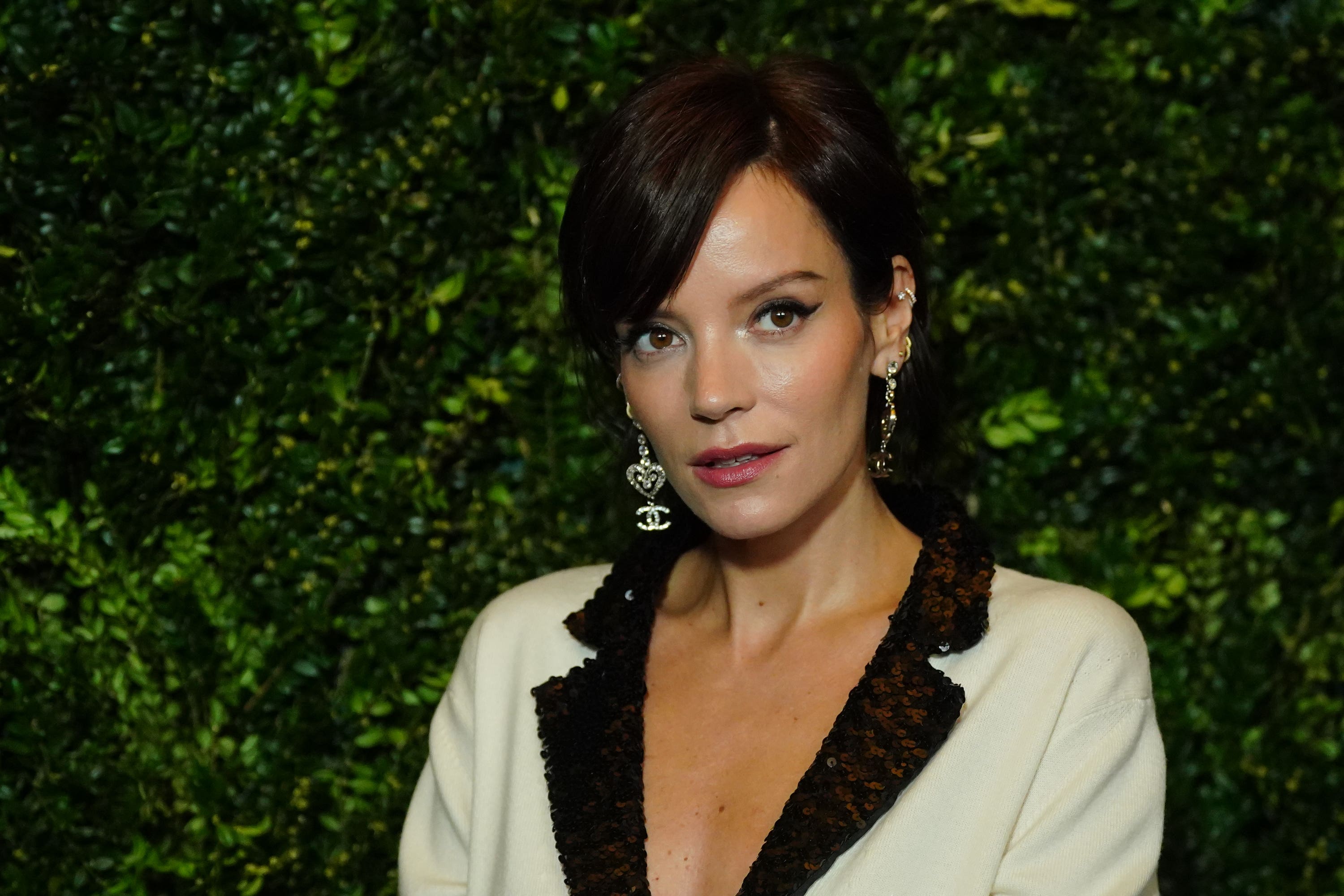
In the video for her 2006 hit single “Smile”, Lily Allen was getting her own back. She was 21, boldly British, and an antidote of sorts – a new personality cutting through the civilised sounds of the very early 2000s, when pop stars tended to be polished and girls were girls. Instead, our first glimpse of Allen was as a rude, regretful, and vengeful young woman; sweet and sour, singing for her own self-worth. “I couldn’t stop laughing/ No, I just couldn’t help myself,” she sang about an imaginary ex she’d paid thugs to beat up when he broke her heart. “You ruined my mental health/ I was quite unwell.”
Almost 20 years later, Allen is still trying to work through her own troubled relationships and mental health. On her hit BBC podcast Miss Me?, which she presents twice weekly with her close childhood friend Miquita Oliver, Allen, 39, who has previously been diagnosed with ADHD, PTSD and bipolar disorder, announced that she was taking a break. “I’m finding it hard to be interested in anything,” she told listeners. “I’m really not in a good place ... I’ve been spiralling and spiralling, and it’s got out of control.” Amid reports that Allen and her husband, Stranger Things star David Harbour, were divorcing, she had checked herself into an £8,000 per week “trauma clinic”.
The news was unexpected, and for her many admirers, very sad. Not so long ago, Allen’s life appeared to be perfect: she and Harbour went viral in early 2024 after inviting Architectural Digest into their colourful, immaculate, late-19th-century brownstone home in Brooklyn, New York, as part of the magazine’s series “Open Door”. She appeared, for once, to be calm and truly content.
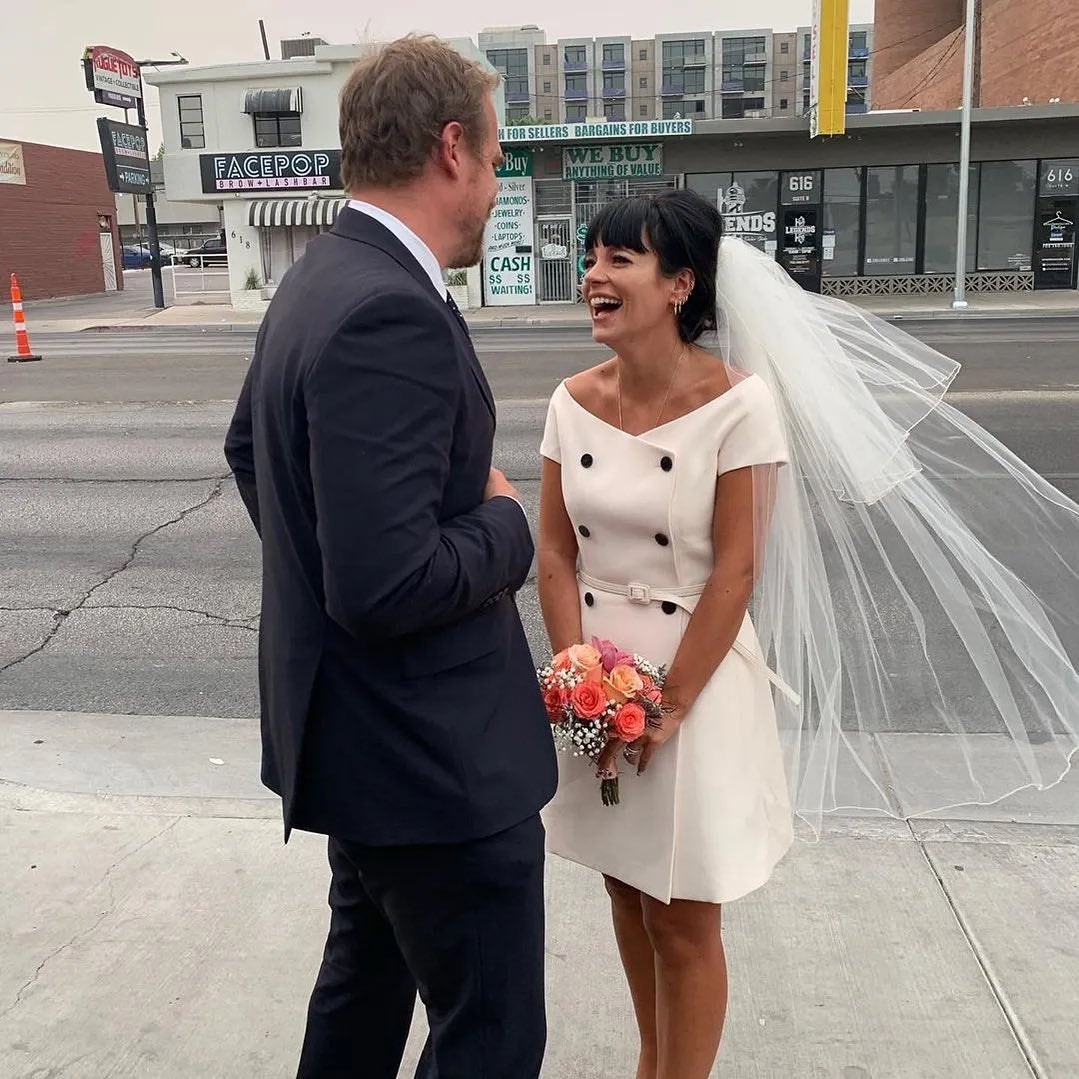
Fans were glad. The Lily Allen we grew up with always seemed to be searching – for stability, for the one thing (and the next, and the next) that would become the last piece in the puzzle; perhaps for that self-worth she had sung about in the record that shot her to fame. “I go through a major life change once a year,” she told The Guardian in 2010. Over the years she’s been a party girl, a loudmouth, a vintage store owner, an actor, a doting mum – and, recently and quite unexpectedly, an OnlyFans star.
Her inconsistency isn’t exactly surprising – Allen learnt it from a difficult childhood. Her father, Keith Allen – a drug-addicted comedian and a pioneer of the 1990s “lad” scene – was deemed a “self-saboteur” by Allen in her 2018 memoir, My Thoughts Exactly. After he left the family home when Allen was just four years old, she and her brother, Alfie, and half-sister Sarah Owen, lived in a council flat with their mother, film producer Alison Owen, in what Allen described as a “fairly hand-to-mouth” existence for years. It wasn’t until Owen moved in with Harry Enfield that things picked up, and by then, the internal chaos was already set in motion.
Allen was sent to a private prep school aged 11; in the years that followed, she attended a total of 13 different schools, many of which she was expelled from for drinking and smoking. Instead of going to university, in 2005 she started uploading songs to the early social networking platform MySpace. Within months of uploading her mixtapes and demos, she had gained thousands of followers, and within a year she had landed a record deal, which catapulted her to fame.
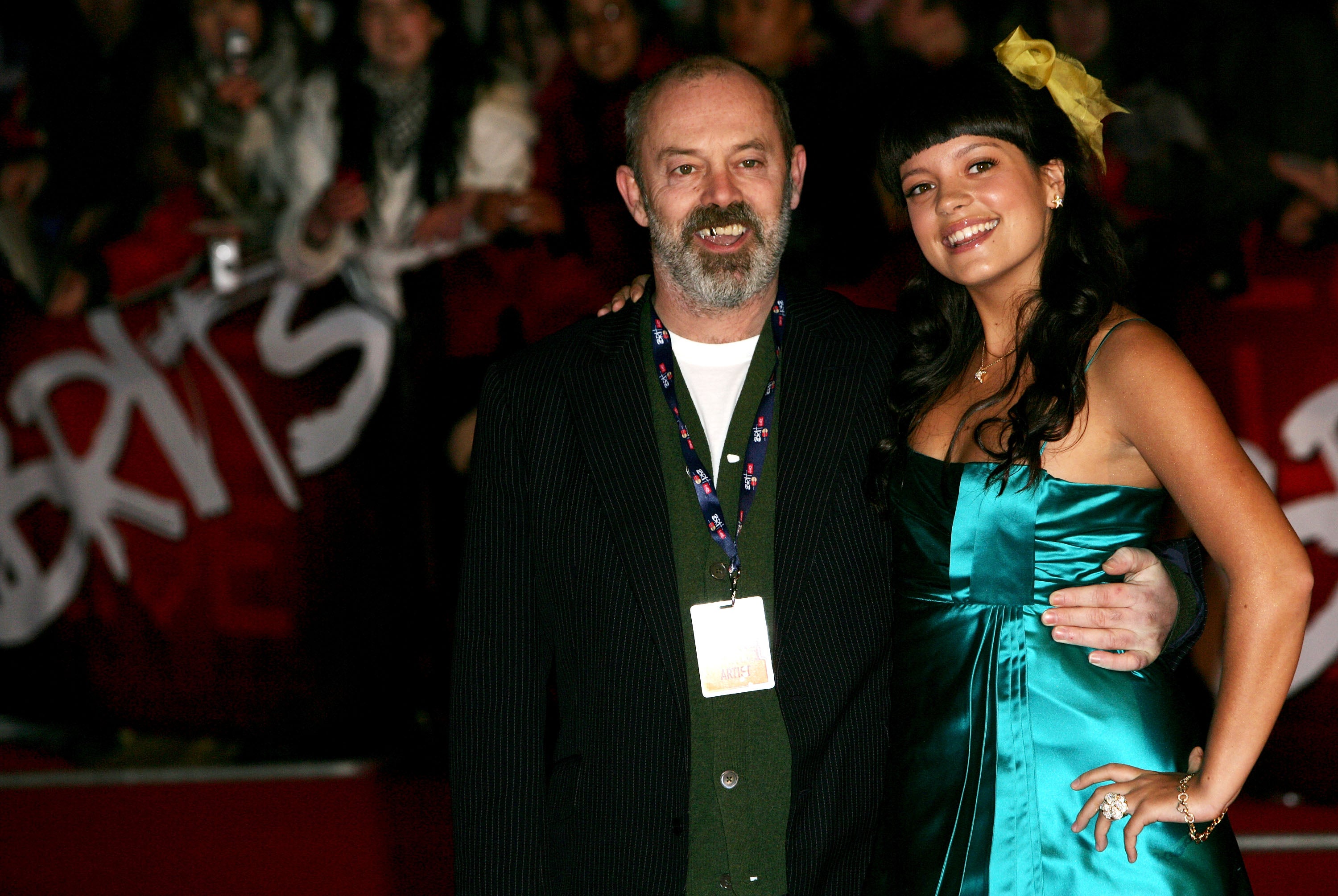
Allen graduated from internet stardom into a media cesspit. From the very beginning, the press found myriad ways to knock her – she was unfathomably called “fat” in newspaper columns, despite being consistently thin and unassumingly pretty; others derided her for class cosplaying, or for being a nepo baby. Like many other young female pop stars, she became a target for misogynistic public flogging at a time when women’s bodies were deemed to be under public ownership, and #MeToo hadn’t happened yet. Pitting female stars against each other meant profit – with little thought given to the consequences.
A former colleague of Allen’s, who worked with her earlier in her career, recalls a conversation they had had about the sexism she’d encountered. “She said that it was probably the worst time to be a female performer, because it was always feuds and catfights, which didn't feed into her very well because she was hypersensitive to any criticism.”
Like many women, Allen has a complicated relationship with her body. In the past, the singer has admitted using Adderall to lose weight, and those close to her have watched her get thinner and thinner over the years. As her former colleague says: “I do think Lily defines her happiness by so many things. ‘When I'm thin, I will be happy’; ‘When I'm in a relationship, I will be happy’; ‘When I'm successful, I will be happy’. And, really, none of them have made her happy.”
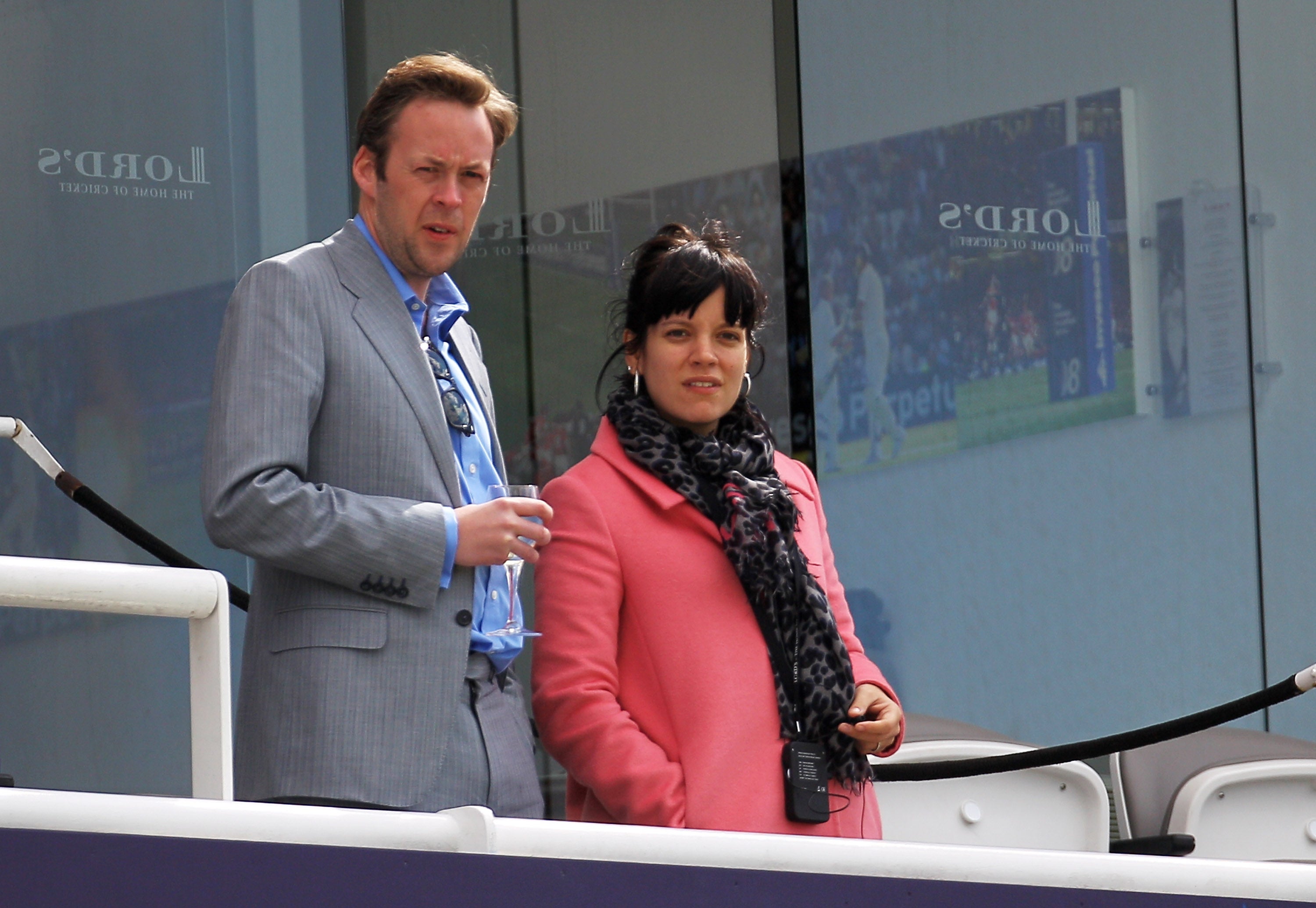
Allen began dating Sam Cooper, a builder and decorator, in 2009, and – contrarily – she did seem happy. She had always wanted a family as a way to feel “unconditional love” – a reflection on her strained relationship with her father and her unstable childhood – and with Cooper, that became a reality. It wasn’t without profound heartbreak: she suffered multiple miscarriages and, in 2010, when she was six months pregnant, Allen went into early labour. Her son, George, was stillborn.
Cooper and Allen were married a year later, and welcomed two children – Ethel, now 12, and Marnie, 10 – and lived as a family unit until their divorce in 2018. Having children “ruined [her] career”, she told the Radio Times last year, sending the internet into a frenzy. What she meant was that she’d learnt another lesson: that you simply can’t have it all, no matter how determined and sure you might be.
“I think this is what her ADHD does,” her former colleague says. “I think she throws herself into something – a relationship, being an earth mother ... then that doesn’t make her happy, so she throws herself back into being Lily Allen; she went back and did a tour.”
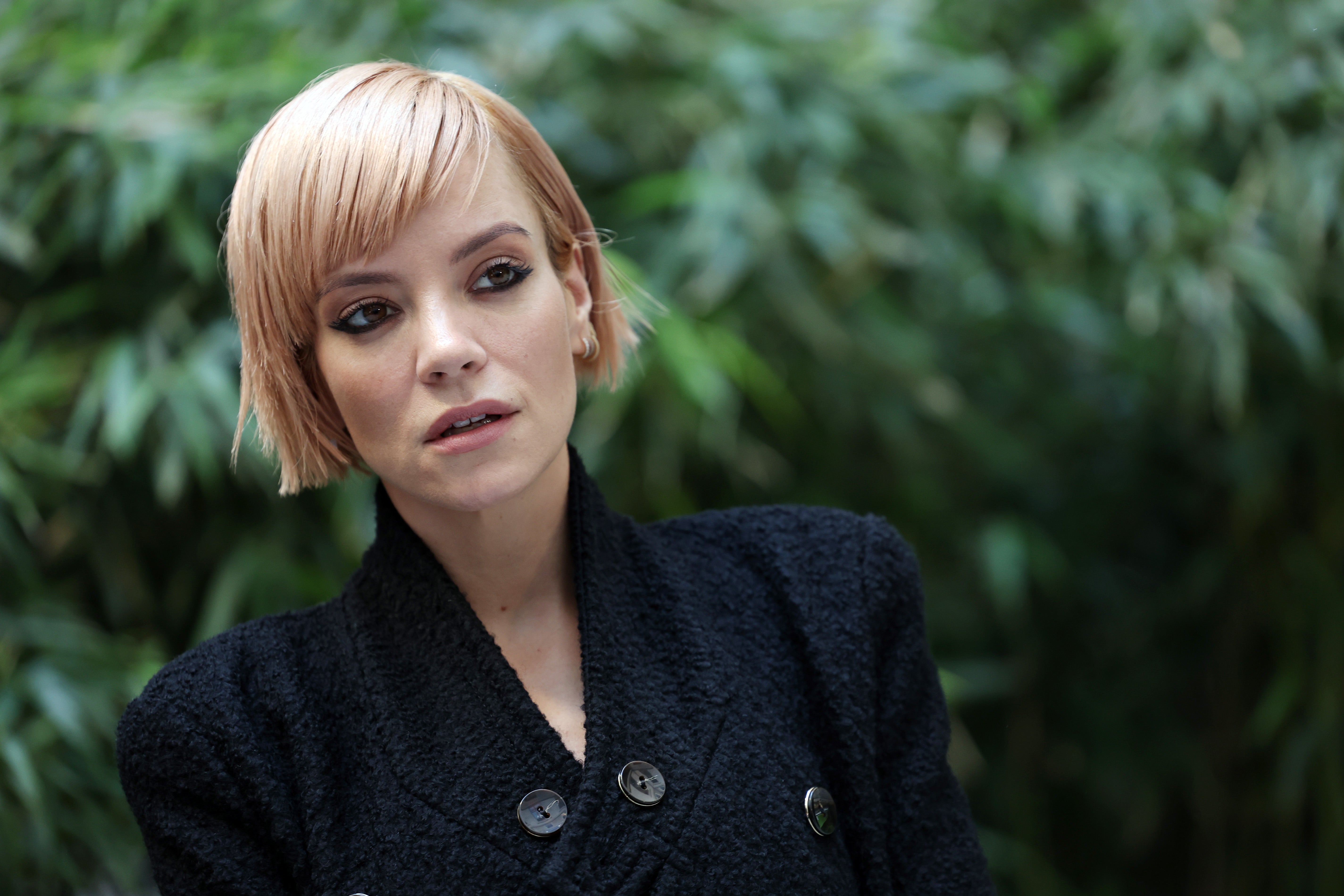
While promoting her memoir, Allen revealed the extent of her loneliness during her marriage, which she later described as “torrid, biblical rain”. To the outside world she was thriving in her family life and back doing what she loves most. But behind the scenes she was suffering from postnatal depression, grieving terribly for her son George, and slipping into a deep well. “Nothing seemed to reach or satisfy me,” she wrote in her book. She considered taking heroin. She didn’t – she hired a female sex worker, visiting her three or four times, instead.
Those who know her say that Allen has always been full of contradictions. There was the chaotic young woman, drinking, going out, being lairy – “and then you go round to her house and she had a perfectly neat knicker drawer, and all her clothes were colour-coordinated, and you’d think, ‘God, who is that? Which one are you?’”
Many thought Allen had finally found herself when she married David Harbour in a Las Vegas wedding in September 2020. She uprooted to New York with her two children, and Harbour quickly took on a stepfather role. But according to reports, just a few years later she said she had found an active profile belonging to Harbour on Raya, the membership-based dating app the pair first met on. Harbour has not commented on the allegations.

One of the most telling anecdotes to come from those who know her was the revelation that when she had an argument with Harbour, she’d go onto ChatGPT and type, “Argument that starts off with a dishwasher and ends with ‘I don’t want to be married to you any more’”. It’s a perfect example of Allen being a lyricist, but also of someone who felt afraid of expressing herself.
The thing is, for years, Lily Allen has watched her own reflection in the media as her various diagnoses were leapt on by an unsympathetic press. In that context, it’s not difficult to imagine that she might sometimes need help to know her own mind. As mental health campaigner Bryony Gordon wrote this week, by checking herself into a clinic to stop the spiral, Allen has shown how far she has come. “Sometimes, surrendering to the heaviness of how you feel is a real mark of maturity. Active addicts deal with life by avoiding it. Healthy adults deal with it by facing it head-on,” wrote Gordon.
What Allen should know is that, while she wades through the tumult and begins the exhausting process of rebuilding once again, those who have always been rooting for her still very much are. In Allen’s next phase, she deserves happiness. Hopefully, this time she’ll really get her own back by finding it.
If you are experiencing feelings of distress, or are struggling to cope, you can speak to the Samaritans, in confidence, on 116 123 (UK and ROI), email jo@samaritans.org, or visit the Samaritans website to find details of your nearest branch.
If you are based in the USA, and you or someone you know needs mental health assistance right now, call or text 988, or visit 988lifeline.org to access online chat from the 988 Suicide and Crisis Lifeline. This is a free, confidential crisis hotline that is available to everyone 24 hours a day, seven days a week. If you are in another country, you can go to www.befrienders.org to find a helpline near you




Join our commenting forum
Join thought-provoking conversations, follow other Independent readers and see their replies
0Comments